Article 186, section 2, of the Criminal Code further provides that any person who, for profit, manages a gambling house or organizing a group of regular players shall be punished by imprisonment of not less than three months but not more than five years. Online gambling remains illegal even after the Act comes into force. However, recently there have been ongoing discussions within the Japanese government regarding the legalization of sports betting in football and baseball. See questions 1, 1 and 3, 1 above.
Most gambling is illegal in Japan, but there are exceptions. Betting on some sports such as horse racing and certain motorsports is allowed, and football pools known as “toto” and lottery are allowed by special laws. Japan's strict gambling regulations and laws mean that no casino has been allowed to operate on Japanese soil. However, it seems that this is about to change.
Gambling in Japan has been strictly prohibited and regulated since Chapter 23 of the Penal Code, also known as Law No. 45 of the Penal Code of Japan, explicitly prohibited organized gambling or private sale of lottery tickets, with heavy fines in yen and imprisonment as a deterrent. Before they can do so, Japan will have to lift the ban on gambling, which is currently illegal in most forms. For legal purposes, pachinko machines are technically considered “gambling”.
There are many unique restrictions for those planning to visit a Japanese casino. These include a limit on the number of visits that can be made each month, as well as an admission fee that must be paid when visiting. Japan takes gambling addiction seriously and takes steps to prevent it. While players wait for the opening of new casinos, they can still enjoy sports betting in Japan.
Officially speaking, gambling in Japan has been illegal since 1907, near the end of the Meiji era. During this time, of course, many “unofficial” casinos have appeared in Tokyo and outside the capital, largely managed or connected to the Yakuza, a notorious criminal organization in Japan. While entering one of these casinos would rarely get you in trouble with the police, you won't have to watch your back any less. In addition, considering that money lending could accelerate gambling problems, access to money lending is only available to (a) customers who have the financial ability to deposit with the operator of the casino business cash in excess of 10 million yen, and (b) non-resident foreign customers.
While players cannot exchange prizes for cash on the premises, to circumvent gambling laws, players can “sell their prizes for cash in neighboring stores or stalls; which are usually owned by pachinko room operators. Believe it or not, pachinko is not considered a form of gambling in Japan as a result of this, along with a number of historical, cultural and monetary reasons. As now, gambling was banned in feudal Japan, so players had to set up gambling houses in abandoned temples or shrines on the outskirts of towns and cities. In addition to casinos and sports betting options, there are other forms of legal gambling in Japan.
While the laws banning land-based casinos in Japan are very explicit, those related to virtual gambling are surprisingly ambiguous. The theme of the game in Japan is taboo, or at least it has been since the beginning of the 20th century, when it was officially banned in Japan. Although there are just under 9,000 Mahjong rooms in the country, it is not part of the list of government-sanctioned games that allow real money gambling. Since the gaming license is a privilege, the licensed operator will have high standards of ethics and integrity, and will take the necessary measures to ensure responsible gaming, the protection of minors, the fight against money laundering and other public interest policies.
This is because Japanese online gambling laws focus on Japanese companies rather than gamblers. This isn't the easiest way to enjoy gambling in Japan, nor is it the most lucrative for most visitors to the country, but since you're likely familiar with the rules of the game, it can be a comfortable option. According to Chapter XXIII of the Penal Code of Japan, gambling is generally subject to a widespread prohibition, with heavy fines and even prison sentences for persons who break the law. Rather, to get around Japan's strict gambling laws, pachinko salons issue you a voucher, which you can use to buy goods for sale on the premises.
Racing bets are limited to mutual bets, so other Japanese gambling laws do not apply. This type of betting is used in many countries of the world where standard forms of gambling are prohibited. . .
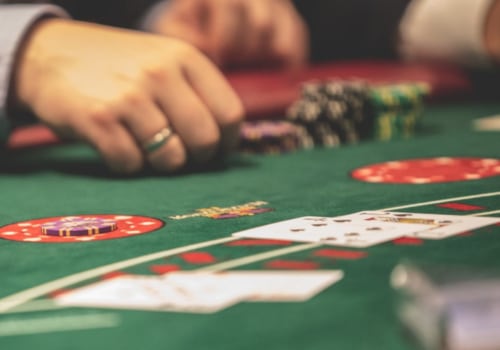
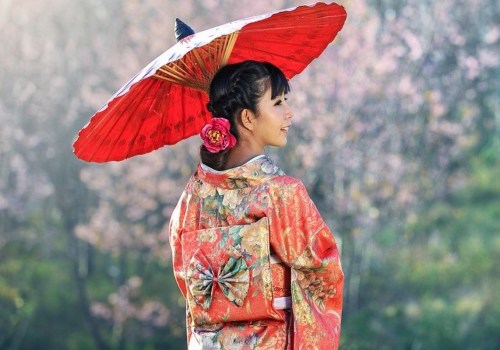
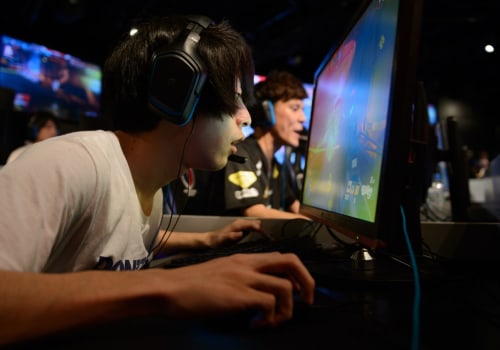
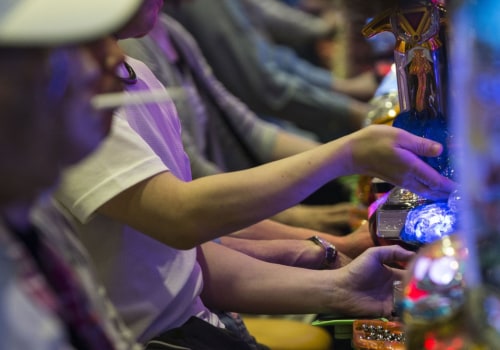





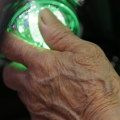

Leave Reply